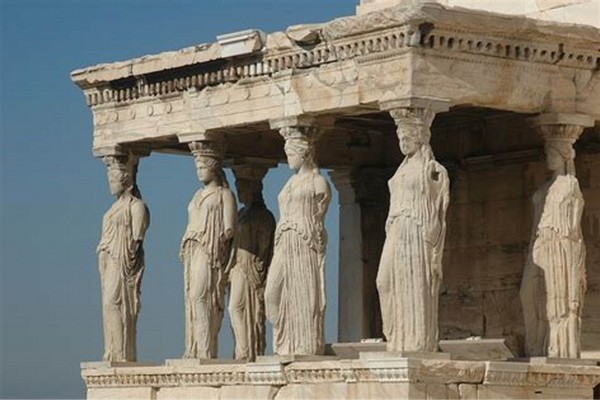The risk of naming a kid after a fictional character
Choosing a child's name not only has to get both parents (and sometimes grandparents) to agree, but also has to comply with rules imposed by the country's registry office.
In fact, almost all countries have restrictive rules prohibiting certain types of names, such as numbers, symbols, days of the week, names of famous brands (in America no Nutella, for example, or 12); in some countries ridiculous or morally offensive names are banned.
The rules, though, vary from country to country, and while in Italy, for example, you cannot give names of historical figures or protagonists of movies and TV series, in Anglo-Saxon countries this ban does not exist.
However, the issue of a name derived from a character in a famous book, or a TV series or movie, goes beyond simple registry registration.
The case involving the 6-year-old girl named Khaleesi, where the passport office refused the application, likely due to trademark concerns, is a striking example of how intellectual property law can intersect with personal identity documents.
The name "Khaleesi" became popularized by the character Daenerys Targaryen in the "Game of Thrones" series, where "Khaleesi" is a title meaning "queen" in the fictional language of the Dothraki. The series, based on George R.R. Martin's books, was produced by HBO, and Warner Bros. holds certain rights associated with the series.
Why was the passport refused?
It appears that the passport office flagged the name "Khaleesi" due to concerns that it might be associated with the trademarked "Game of Thrones" series. The name is closely linked to the franchise, and the authorities might have feared potential legal issues or complications arising from using a trademarked name in an official government document.
The passport office asked for a letter of consent from Warner Bros., the owner of the trademark. This request indicates that the authorities wanted to ensure that using the name "Khaleesi" would not infringe on the trademark rights or cause legal issues for the government. Even though the “Games of Thrones” trademarks apply to goods and services and not to personal names, the passport office didn’t want to risk.
Legal Context
While personal names are generally not subject to trademark law in the same way as brand names, the unique situation with "Khaleesi" might have led the passport office to err on the side of caution. Trademark law primarily protects the use of a name or title in a commercial context, but the widespread recognition of "Khaleesi" as part of the "Game of Thrones" franchise could have prompted concerns.
Government agencies, such as passport offices, are typically cautious about avoiding legal disputes, especially when it comes to high-profile trademarks owned by large corporations like Warner Bros. Asking for consent from the trademark owner might have been seen as a necessary precaution.
Cases like this often draw public attention and criticism, as people generally view personal names as outside the scope of trademark restrictions. The idea that a child’s name could be subject to trademark concerns may seem overly restrictive to the public.
In such cases, the issue is often resolved through further review or intervention by higher authorities, or by providing additional documentation to prove that the use of the name is not intended to infringe on any trademarks.
In this specific case, the issue was brought to media attention, and after public outcry and social media posts, the passport office decided to review the application and issue the passport.
Conclusion
The refusal of the passport application for the girl named Khaleesi due to trademark concerns illustrates the sometimes-unexpected ways in which intellectual property law can impact everyday life. While the name "Khaleesi" is not a commercial trademark in this context, the passport office’s request for a letter of consent from Warner Bros. reflects an overabundance of caution to avoid potential legal conflicts.
This case highlights the challenges that arise when popular culture and legal frameworks intersect.
Similar to trademarks, there could be concerns about using names or phrases directly associated with copyrighted material. Although copyright primarily protects creative expressions rather than names, the widespread recognition of "Game of Thrones" might lead authorities to take precautions.
Furthermore, there could be another kind of issue, related to the identity verification. Passport authorities might stop the issuance of a passport if an applicant uses a name that is unusual, famous, or associated with a fictional character. This could be due to concerns about the authenticity of the application or the possibility of impersonation or identity fraud.
In some cases, the use of a name linked to a popular or controversial TV show might raise red flags due to cultural or political concerns. Authorities might pause the issuance of a passport to review the implications or ensure that the name does not violate any local naming conventions or policies.

